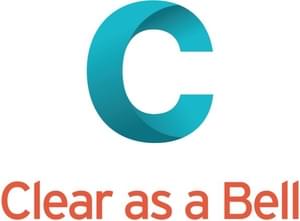June 20, 2018
In-house research teams. What are some of the challenges?
This will be a short series of posts discussing some of the issues I have dealt with - especially when setting up a new function as there is a culture change that has to happen over time.
The first challenge that has come up in any in-house research team is establishing its independence, accepting that we treat data with impartiality and objectivity.
I don't think it particularly matters what the remit of the team is or what topics it investigates, it is often the case that the person wanting the research will have a position on the matter or, more difficult, will want the findings to bear out their position or a decision they have already made.
I have in the past refused to carry out "a quick bit of research to back up my decision", attracting plenty of opprobrium or the person then resorting to another source that will give them what they want. So be it.
The value of independence
It's only through repeatedly demonstrating the value of an independent, impartial in-house research team that you will establish the trust in the work you do. And then, of course, repeatedly communicating that - ask the person who commissioned the piece that delivers findings they didn't expect (or like) to be an advocate.
An example from the House of Commons in the last year was when a team came to us asking for a survey to everyone with results to be presented within a week.... So far, so usual. On further investigation it transpired that a vocal and influential group of service users had complained about a new way one of the services was run and wanted the external contract cancelled. We recommended a comprehensive, properly planned and sampled mixed-method research project speaking to service users, potential service users, contract providers, the contract-managing team. We did all the research in-house. A few months later we presented the findings - the vocal and influential group represented under 10% of service users, a large majority being happy with the new arrangements and we highlighted the issues that needed to be addressed.
We involved the contract-managing team fully and transparently - their staff carried out some of the phone interviews after training, we had regular update meetings when needed, we kept them informed at every stage, we shared the research folder so they could read, edit and add.
Turning support around
They have become our first and firmest advocates, including the Director, who sits on the Executive Board and so can champion the in-house research team's approach.
